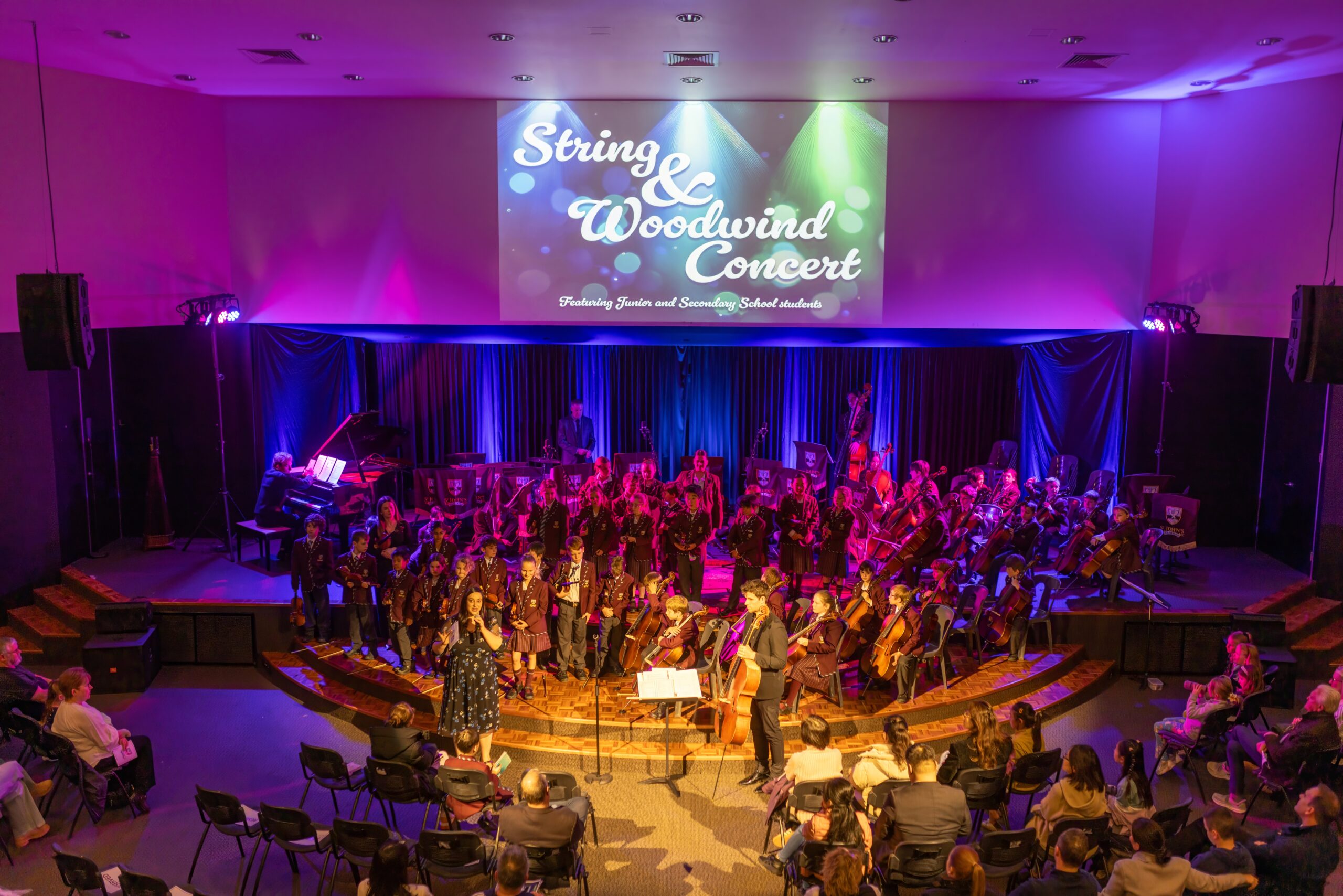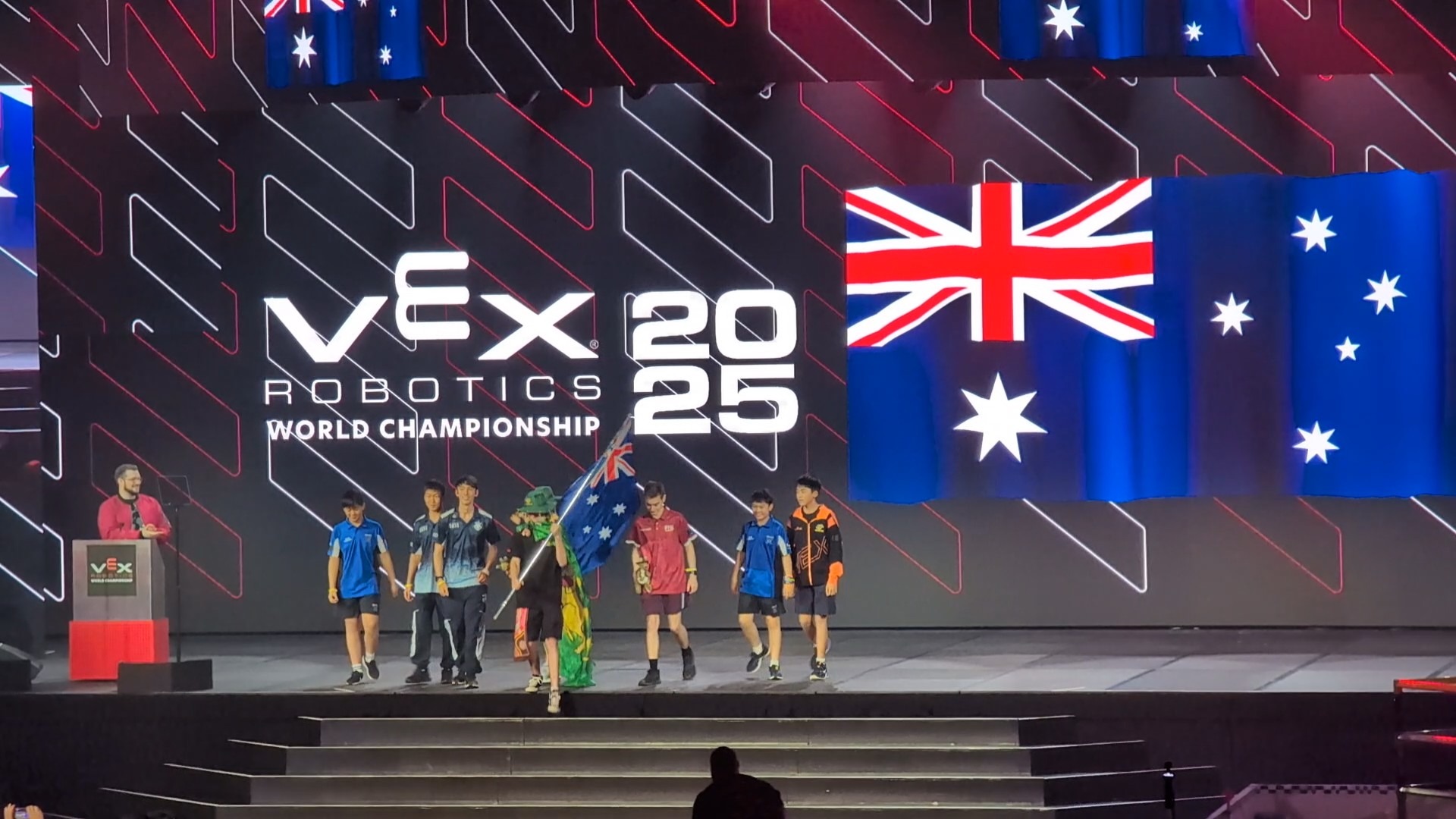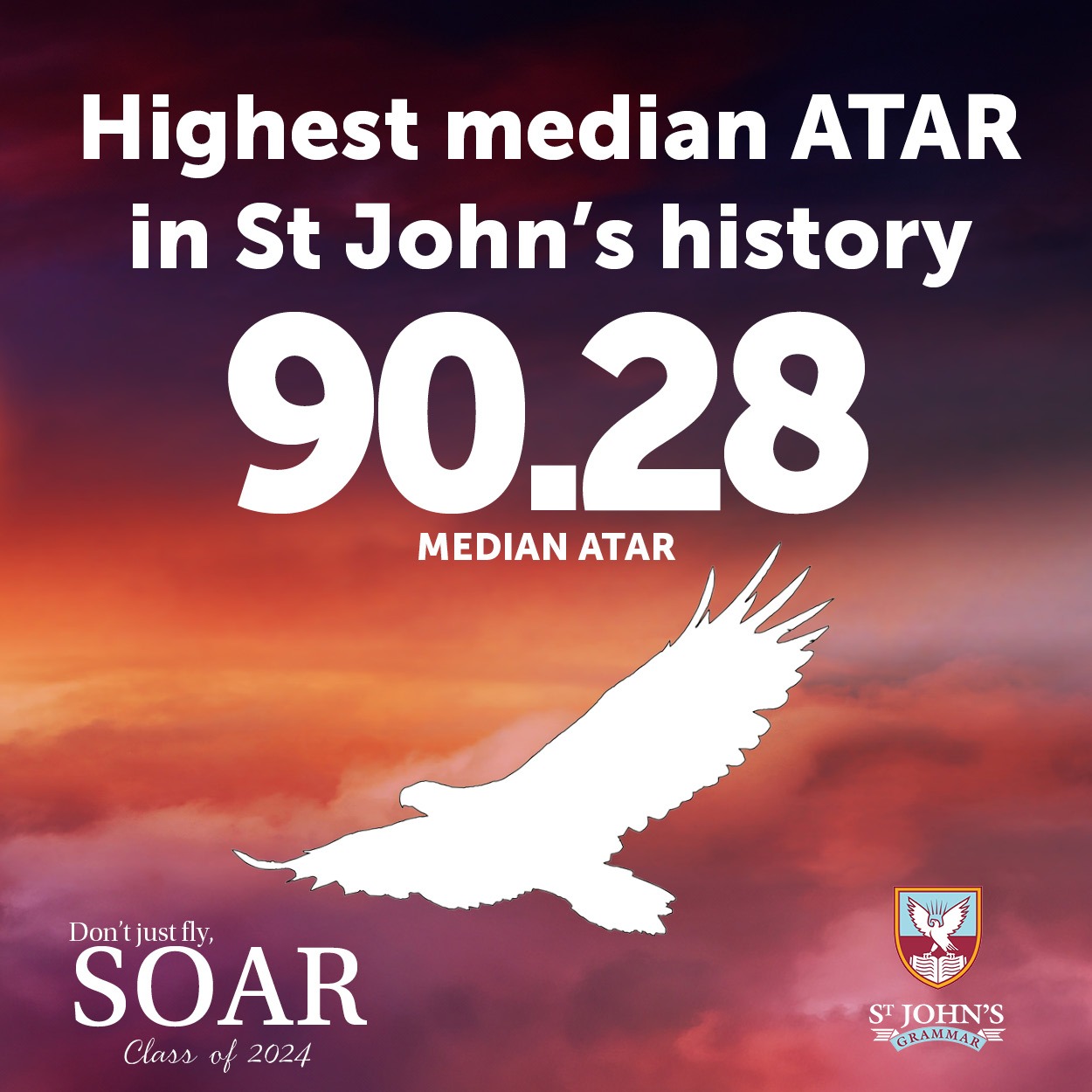Year 3
St John's Grammar
Transitioning into Middle Primary from Junior Primary at St John’s Grammar School is supported by the theme of connect, create and challenge, where children learn to soar in a safe and nurturing environment.
As your child enters Middle Primary, they are continuing to develop skills, self-belief and confidence to attempt new and exciting opportunities independently. St John’s Grammar School offers single year level classes and there is a buddy system with ELC and the Mid-Year Reception class to keep our community safe, well and connected.
In Middle Primary, your child will begin to understand their personal strengths and areas for growth and actively pursue opportunities to further develop and enhance these unique attributes. St John’s Grammar School immerses the students in a vast array of activities in a school day, through an engaging learning program and active involvement in Service Learning activities locally, nationally and internationally.
An environmental science focus that sees students participate in Bandicoot Habitat Restoration and engagement with Belair National Park is a signature experience in Year 3.
Physical Education and STEAM (Science, Technology, Engineering, Arts, Maths) are of particular focus in Middle Primary and students have an opportunity to be part of our Strings program (small group tuition in viola, violin, cello) to enhance their arts learning.
There is a transition into formalised homework in Year 3, as well as the introduction of full school uniform and an expansion of co-curricular opportunities, as well as an Outdoor Education Program and a Warrawong Wildlife Sanctuary and Nunyara overnight camp experience.
Students are introduced to Surface Pro Laptops as well as technological devices such as our 3D printer. With this increased digital exploration, we guide them through ergonomics training, cybersafety, coding, and typing.
Great emphasis is placed on thinking skills
Students learn about and identify the parts of the brain through creating brain models, and further develop their understanding of learning preferences. Programming of lessons is supported by thinking strategies such as Habits of Mind, de Bono’s 6 Hat Thinking and Bloom’s Taxonomy. Coupled with the Friendology wellbeing program, students are equipped with skills to nurture and grow their peer relationships.
The Year 3s also partner with ELC and Mid-Year Reception students to act as mentors and buddies as the younger students transition into school.
Structured, natural inquiry with Belair National Park
As the campus is adjacent to Belair National Park, a structured natural inquiry program sees the Year 3s participating in a Bandicoot habitat restoration project. Through engagement with Belair National Park rangers and the Natural Resources Management Board, the Year 3s not only learn about bandicoots and their habitats from experts in the field, but they also get hands-on restoring local habitats and building bandicoot shelters.
This opportunity to learn in the Park adds a richness to our learning by providing unparalleled opportunities for children to learn; not only from an Environmental Science perspective but also opportunities for calculated risk taking and resilience as they traverse and play amongst the natural environment.
Signature experience for Year 3
The signature experiences for Year 3 see the students undertaking a string instrument program. With small group tuition in viola, violin and cello, students get their first experience of learning an instrument.
A number of performance opportunities allow students to gain confidence in playing and contributing as part of an ensemble.
First-time Camp experience
The Year 3 Warrawong Wildlife Sanctuary and overnight Nunyara Camp provide the first taste of a camp experience. Run by the group Beyond Limits, our students take part in four rotating outdoor activities including billy cart racing at Nunyara, before staying overnight in dormitory-style bunk-bed rooms. The following day the camp experience is rounded off with a tour of Warrawong Wildlife Sanctuary and animal-focused activities.


